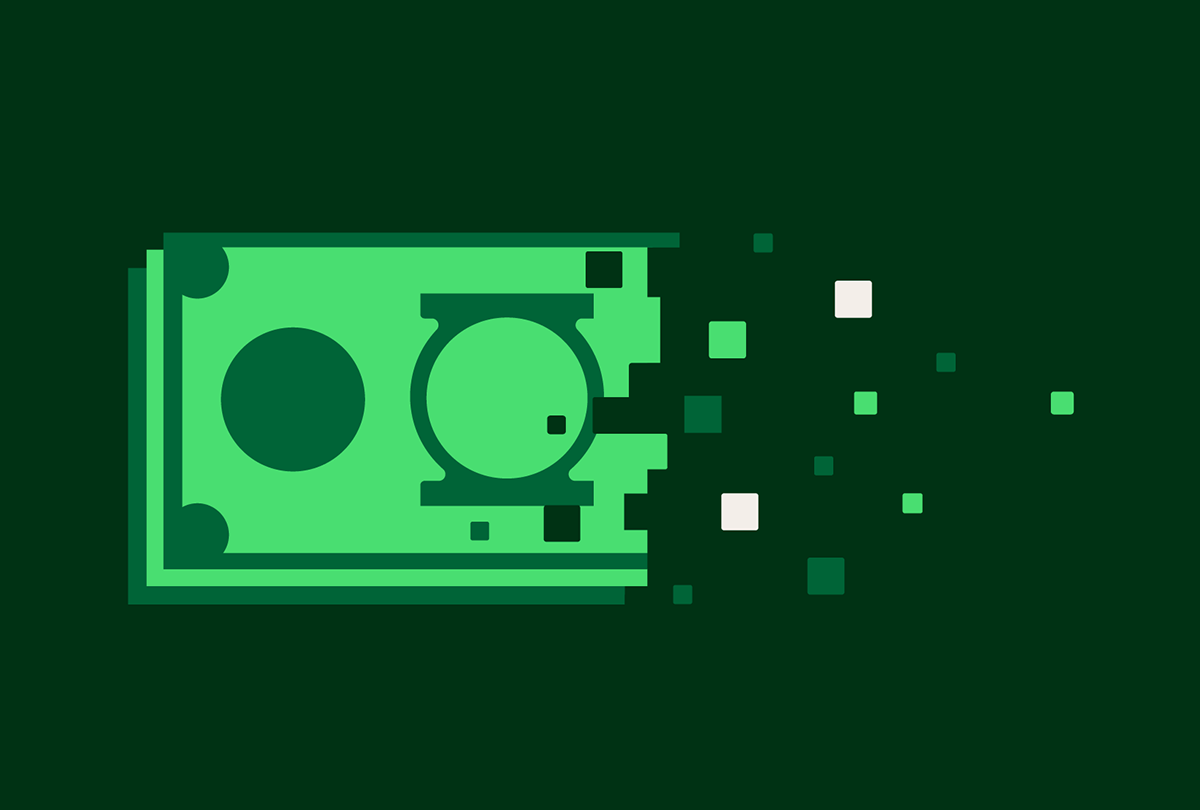
Popular searches

Understand Investing ›
- Go back
Understand Investing›
Investing Basics›
Types of Investments›
Investment Accounts›
More Resources›
Manage Investments ›
- Go back
Manage Investments›
- Ways to Manage Your Money
Working with a Registered Investment Advisor›
Key Concepts›
More Resources›
Avoid Fraud ›
- Go back
Avoid Fraud›
- What is Investment Fraud?
Types of Investment Scams›
Identify Frauds & Scams›
Identify Misconduct›
More Resources›
Where to Get Help›
Tools & Resources ›
- Go back
Tools & Resources›
- Subscribe to our Newsletter
Calculators›
eLearning›
Quizzes›
Guides›
More Resources›
- Go back
More Resources›
- Enforcement
- Glossary
- Research
- Useful Links
News & Insights ›
















